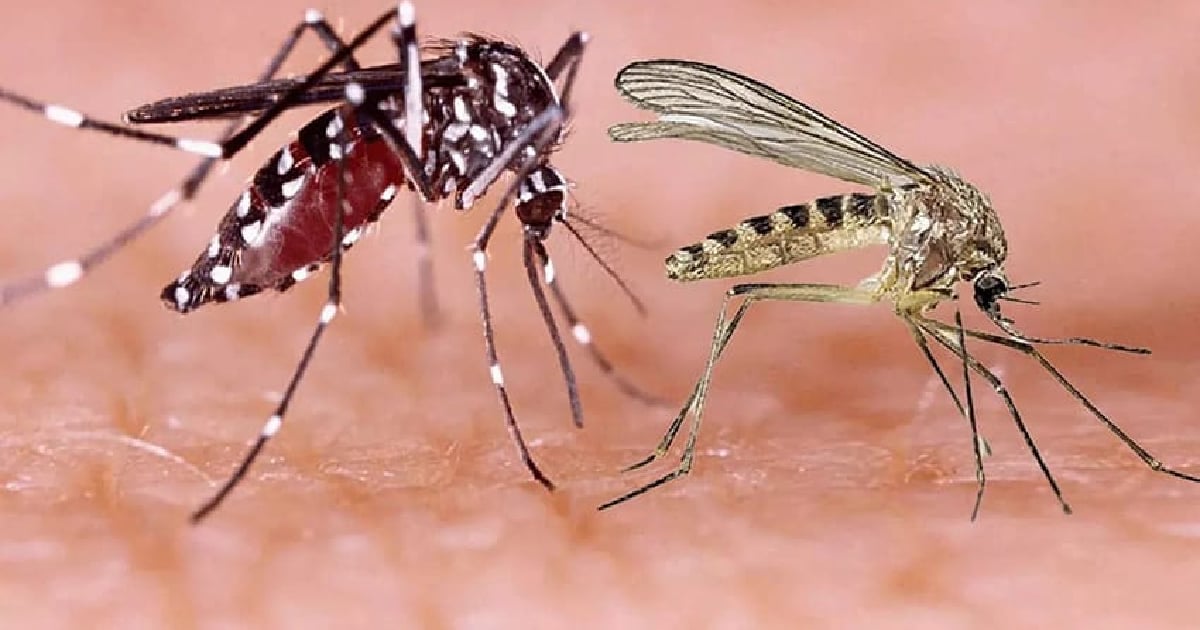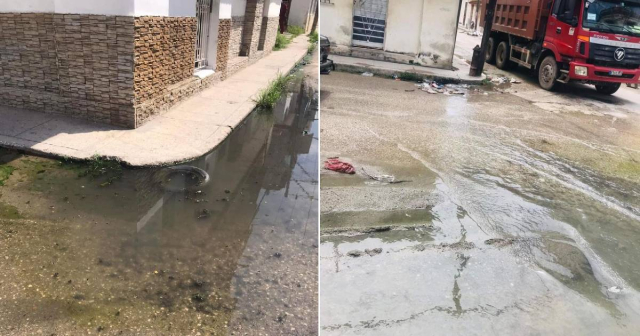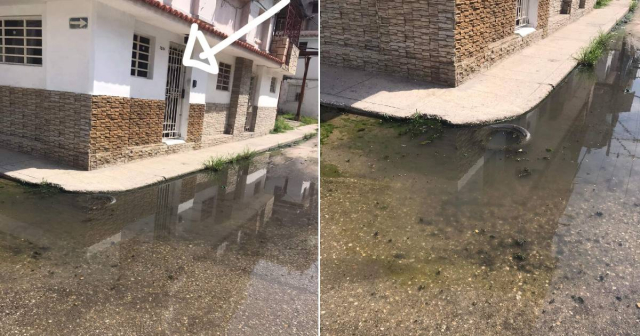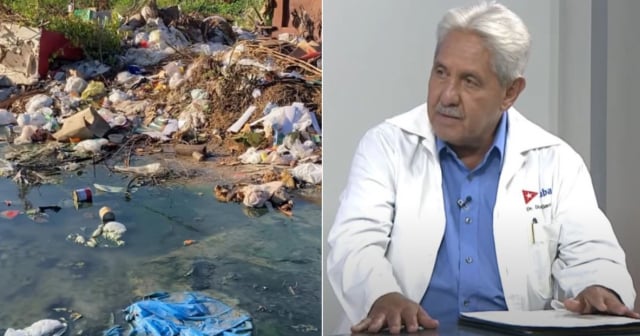
The province of Matanzas, located in the west of Cuba, is on alert due to the increase in cases of dengue and Oropouche virus in several of its municipalities, which has raised concerns among local authorities.
In a recent meeting led by Mario Sabines Lorenzo, the first secretary of the Party in the province, and Governor Marieta Poey Zamora, the tense epidemiological situation in Matanzas, Cárdenas, Jovellanos, Calimete, and Los Arabos was discussed.
According to a post on the Facebook page of the Radio 26 station, Dr. Andrés Lamas Acevedo, director of the Provincial Center for Hygiene, Epidemiology, and Microbiology, emphasized the urgency of coordinating intersectoral and community actions to halt the spread of diseases.
"The situation in Matanzas is quite tense, and it is necessary to take immediate measures to prevent the situation from worsening," advised Lamas Acevedo.
Priority measures include strengthening vector control tasks, improving environmental sanitation, solid waste collection, and intensifying surveys to detect new cases.
Similarly, Governor Poey Zamora urged the population to stay informed and adopt preventive measures in collaboration with local authorities to avoid a worsening of the health situation in Matanzas.
Other actions include administrative control and support in vector control tasks, reinforcement of environmental sanitation and solid waste collection, increasing the quality and number of surveys, and monitoring the effectiveness of household income.
Cuba is experiencing a sustained increase in suspected cases of dengue and Oropouche, according to the latest report from Dr. Francisco Durán García, national director of Epidemiology at the Ministry of Public Health.
The active transmission of these arboviruses continues to rise, and in the last week, the provinces of Pinar del Río, Mayabeque, Cienfuegos, and Villa Clara have reported the highest incidence rates of dengue, cited the official newspaper Granma.
Two weeks ago, Colonel Lázaro Delgado Chaple, deputy chief of the Identification, Immigration, and Foreign Affairs Directorate (DIIE) of the Ministry of the Interior (MININT), reportedly died due to complications related to the Oropouche virus.
The news, which initially circulated on social media through posts by officials of the Cuban regime, was surrounded by silence, leading to speculation about the true situation on the island.
During the last week of last month, Cuba reported nearly 12,000 suspected cases of Oropouche since the first report of its presence in the country in May, revealed Ileana Morales Suárez, director of science and technological innovation at the Ministry of Public Health.
In a meeting with the highest government leadership, the expert acknowledged that neurological complications and others are occurring, as well as clinical manifestations that are not described in the literature.
What do you think?
COMMENTFiled under:






